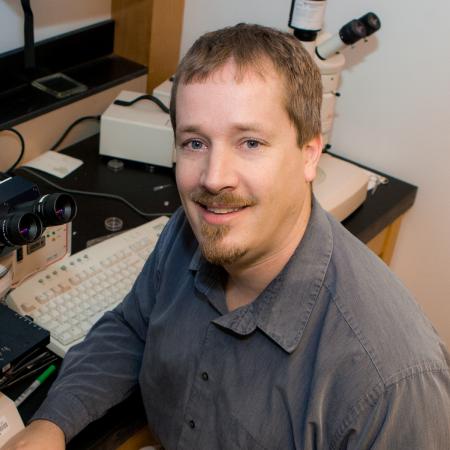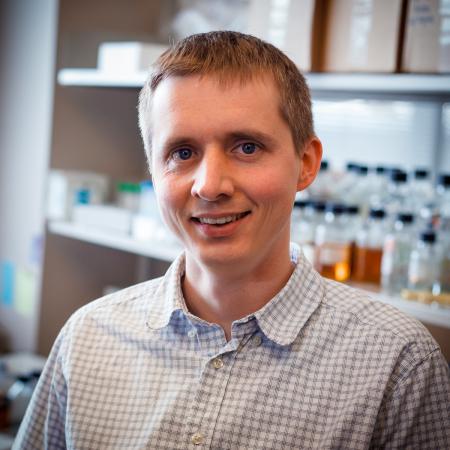The Center for Public Health Genomics is focused on the application of NextGen sequencing (NGS) on issues of public health importance. In particular, its aims are to develop methods to:
- Enhance the detection, diagnosis and tracking of bacterial, viral and fungal disease outbreaks.
- Improve the detection of drug-resistant variants and identification of new agents of disease.
- Enable the characterization and differentiation of organisms at a level not possible with existing technologies.
- Develop screening and confirmatory tests for genetic disorders of newborns that would not be possible with established methods.
- Provide the rapid monitoring and response to public health emergencies that only an on-site, dedicated facility can provide.
- Provide essential expertise for validation of consumer point-of-service genetic testing, proficiency testing and regulation of NGS laboratory testing.
Associated Researchers

Michele Caggana, ScD, FACMG
Deputy Director, Division of Genetics
We focus on understanding how human genetic variation influences disease susceptibility, morbidity and outcome by studying the relationships between gene variants and environmental factors.

Alexander T. Ciota, PhD
Director, Arbovirus Laboratory
We study arbovirus adaptation and vector-virus interactions, focusing on West Nile virus and Culex mosquitoes. Areas of interest include mutant swarm dynamics, mechanisms of adaptation, microbial interactions and vectorial capacity.

Christina Egan, PhD
Chief, Biodefense and Mycology Laboratories
We focus on the development and validation of assays to detect pathogens and toxins associated with bioterrorism or food-borne disease. We utilize methods such as real-time PCR, whole genome sequencing, and mass spectrometry for rapid detection of agents.

Vincent Escuyer, PhD
Director, Mycobacteriology Laboratory
We are interested in the mechanisms underlying resistance of M. tuberculosis to major TB drugs and in the development and validation of molecular assays involving whole genome sequencing for rapid detection of drug resistant tuberculosis.

Todd Gray, PhD
Molecular Genetics of Mycobacteria
We use innovative molecular genomic approaches to address fundamental questions of mycobacterial biology. Our findings shed new light on the evolution and function of mycobacterial genomes, accelerating tuberculosis research.

Bruce J. Herron, PhD
Mammalian Genomics
We utilize an array of mammalian genomic tools to discover genetic modifiers that influence multifactorial diseases. These susceptibility loci are targets for diagnosis and treatment of similar disorders in humans.

Denise M. Kay, PhD
Newborn Screening Program
We screen infants born in New York State for more than 50 conditions at birth and study the genetics of diseases affecting infants and children.

Pascal Lapierre, PhD
Bioinformatics and Statistics Core
My specific area of expertise within the Bioinformatics Core is bacterial genomics, evolution and phylogeny.

Kimberlee A. Musser, PhD
Clinical Director, Wadsworth Center David Axelrod Institute
We develop molecular diagnostic assays and reference testing for the detection and characterization of pathogenic bacteria and mycobacteria and to predict antibiotic resistance using real-time PCR and whole genome sequencing.

Kirsten St. George, PhD
Chief, Laboratory of Viral Diseases
We develop viral detection and characterization assays and investigate new molecular chemistries and platforms. Research includes rhinovirus infection in transplant recipients, drug-resistant influenza and adenovirus evolution.

Joseph T. Wade, PhD
Microbial Gene Expression
We study gene regulation in bacteria, with a focus on genome-scale approaches. We are interested in regulation of transcription, the function of non-coding RNAs, and leaderless translation initiation.

Keith M. Derbyshire, PhD
Associate Director for Research and Technology
We study mycobacteria and use molecular genetic approaches to investigate: global gene expression, at both transcriptional and translational levels; the mechanism of distributive conjugal transfer; and synthetic genetic interactions.